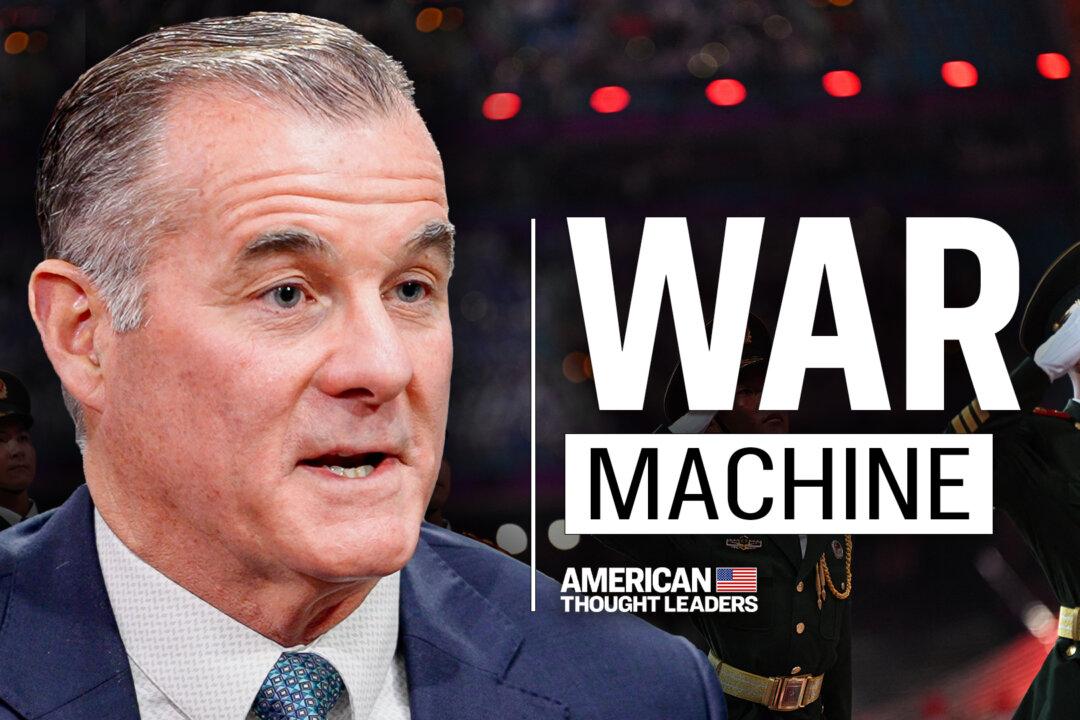“President Trump’s call for reform” of the World Health Organization (WHO) “is so key at this moment,” said Bonnie Glick, deputy administrator of the U.S. Agency for International Development (USAID), in an interview with The Epoch Times for the “American Thought Leaders” program.
On May 18, President Donald Trump sent a letter to the WHO warning that the United States would permanently cut its funding in 30 days and reconsider its membership if the organization didn’t “commit to major substantive improvements” to demonstrate its “independence from China.”






